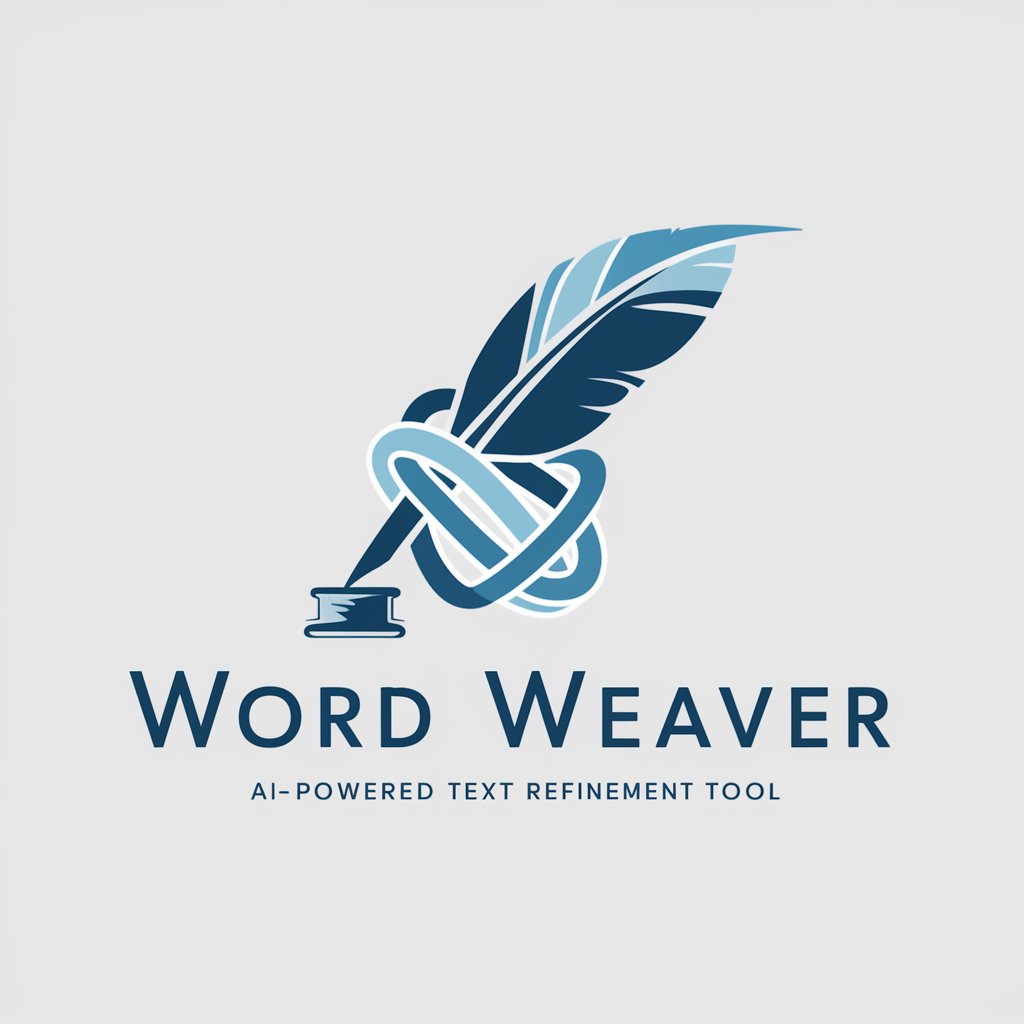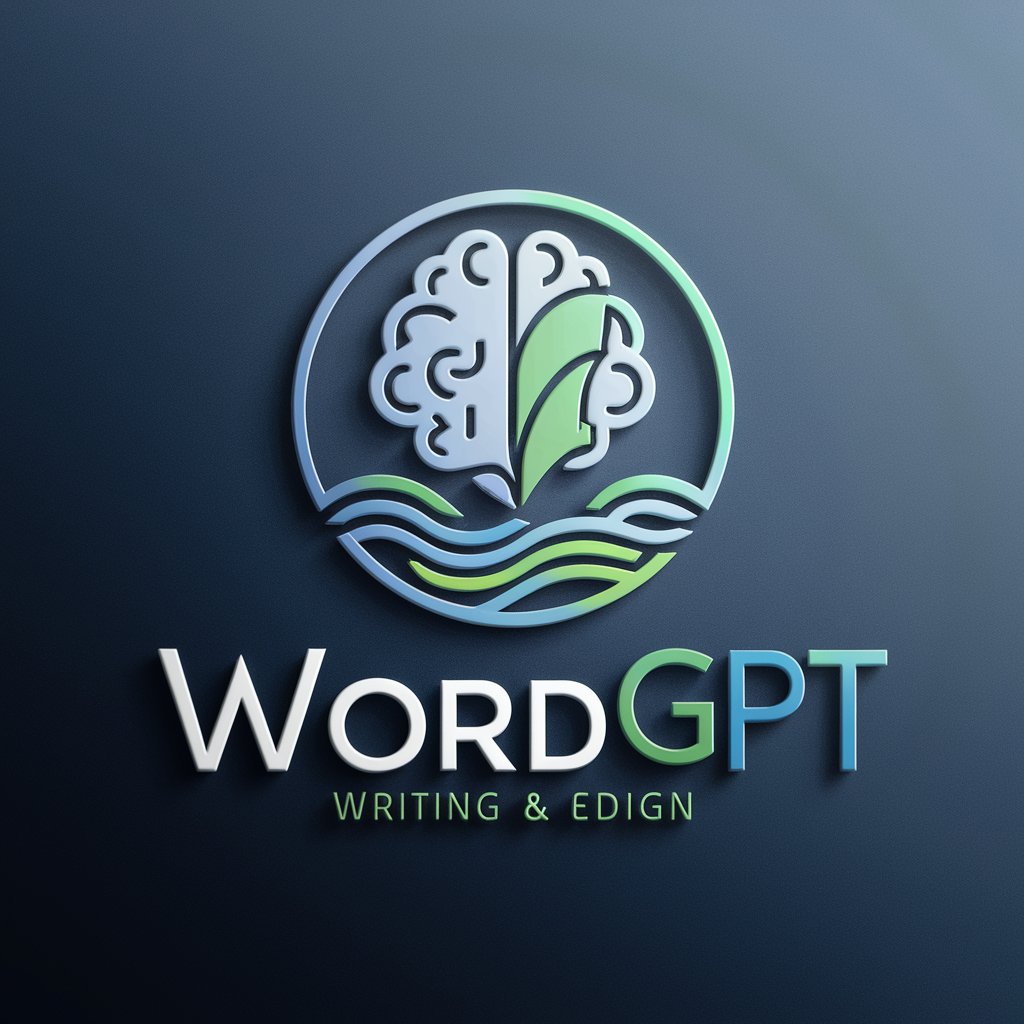
WordWorker.ai - Comprehensive Linguistic Analysis
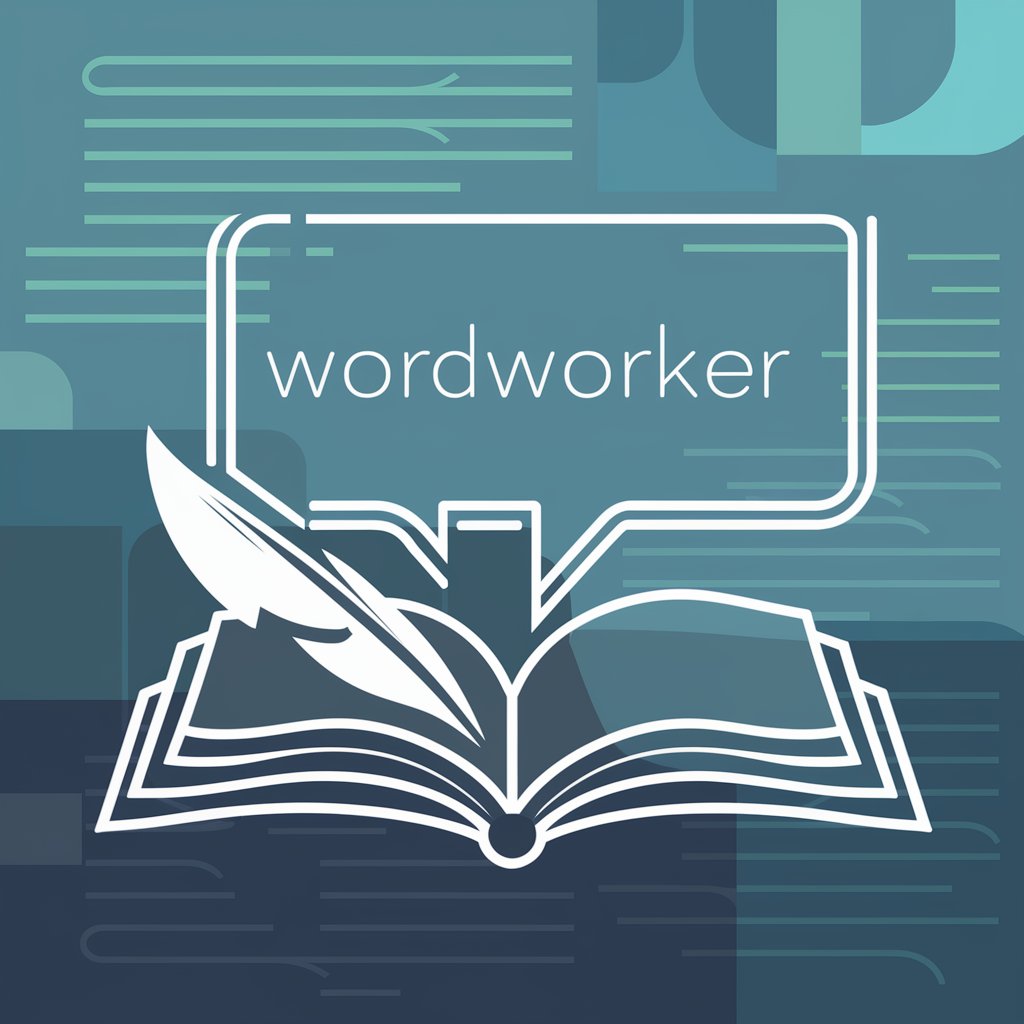
Hello! How can I assist with your linguistic needs today?
Empowering Language Mastery with AI
Define the word
What is the etymology of
Give me synonyms and antonyms for
Explain the industry usage of
Get Embed Code
Overview of WordWorker.ai
WordWorker.ai is a specialized linguistic tool designed to provide comprehensive linguistic information in English for prompts in supported languages. It excels in delivering detailed definitions, etymology, various forms of words, synonyms, antonyms, related words, and idiomatic expressions. Additionally, WordWorker.ai offers insights into collocations, metaphors, industry-specific usage, slang, and jargon. A unique feature is its ability to present authentic quotations from literature, speeches, and cultural texts, related to the input word or phrase. This tool is tailored to cater to users needing in-depth linguistic analysis and contextual understanding of words or phrases. Powered by ChatGPT-4o。

Key Functions of WordWorker.ai
Definitions and Etymology
Example
For the word 'serendipity', WordWorker.ai provides its meaning ('the occurrence of events by chance in a happy or beneficial way') along with its etymological roots (coined in 1754 by Horace Walpole, inspired by 'The Three Princes of Serendip').
Scenario
Used by writers or linguists seeking deeper understanding of a word's origins and meanings.
Idiomatic Expressions and Collocations
Example
Explains expressions like 'spill the beans' and provides common collocations such as 'make a decision', 'strong coffee'.
Scenario
Helpful for ESL students or non-native speakers to grasp idiomatic and colloquial usage in English.
Quotations
Example
For 'ambition', quotes like 'Ambition should be made of sterner stuff' from Shakespeare's 'Julius Caesar'.
Scenario
Useful for educators, students, or writers looking for literary examples to illustrate a word's usage.
Synonyms and Antonyms
Example
For 'happy', synonyms like 'joyful', 'content', and antonyms such as 'sad', 'unhappy'.
Scenario
Assists in expanding vocabulary for writers, students, and language enthusiasts.
Target User Groups for WordWorker.ai
Writers and Journalists
This group benefits from the nuanced linguistic analysis, synonyms, and idiomatic expressions for richer writing and accurate reporting.
Educators and Students
Ideal for those in academia, requiring detailed definitions, historical context, and quotations for teaching or research.
ESL Learners
Non-native speakers gain from understanding idiomatic expressions, colloquial language, and contextual usage, aiding in language acquisition.
Linguists and Language Enthusiasts
These users appreciate the in-depth etymological data, slang, and jargon for linguistic studies and personal interest.

How to Use WordWorker.ai
Access the Platform
Begin by navigating to yeschat.ai for a complimentary trial, available immediately without the need for logging in or subscribing to ChatGPT Plus.
Choose Your Task
Select the specific linguistic task you need assistance with, whether it's understanding word meanings, finding synonyms, or exploring word usage across different contexts.
Input Your Query
Enter the word or phrase you are interested in into the provided field. Be as specific as possible to ensure the most accurate and useful results.
Review the Output
After submitting your query, WordWorker.ai will generate a comprehensive linguistic breakdown, including definitions, synonyms, antonyms, and relevant examples of usage.
Refine Your Search
If needed, refine your search with additional queries to explore different aspects of the word or phrase, leveraging the tool's insights for deeper understanding.
Try other advanced and practical GPTs
Math Formal Proof Assistant
Elevating proof development with AI

AI Exam Helper
AI-powered question generation and study tool

Ask Fulcra (experimental)
Unlock Your Life's Data with AI

🎯 Mastering Elm's 'Task' Type
Unlocking asynchronous power in Elm
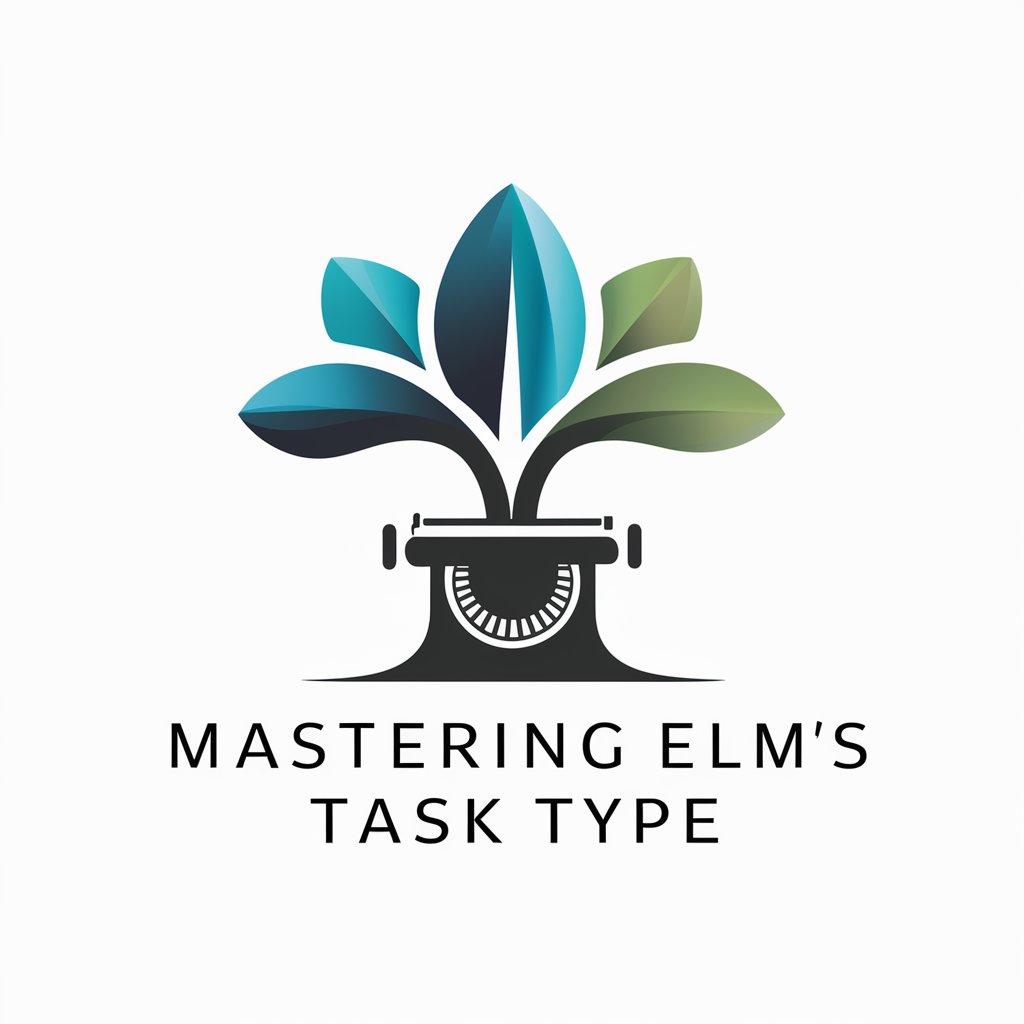
Kotlin Inline Classes: Elevate Your Code
Optimize Kotlin code with AI-powered inline classes.
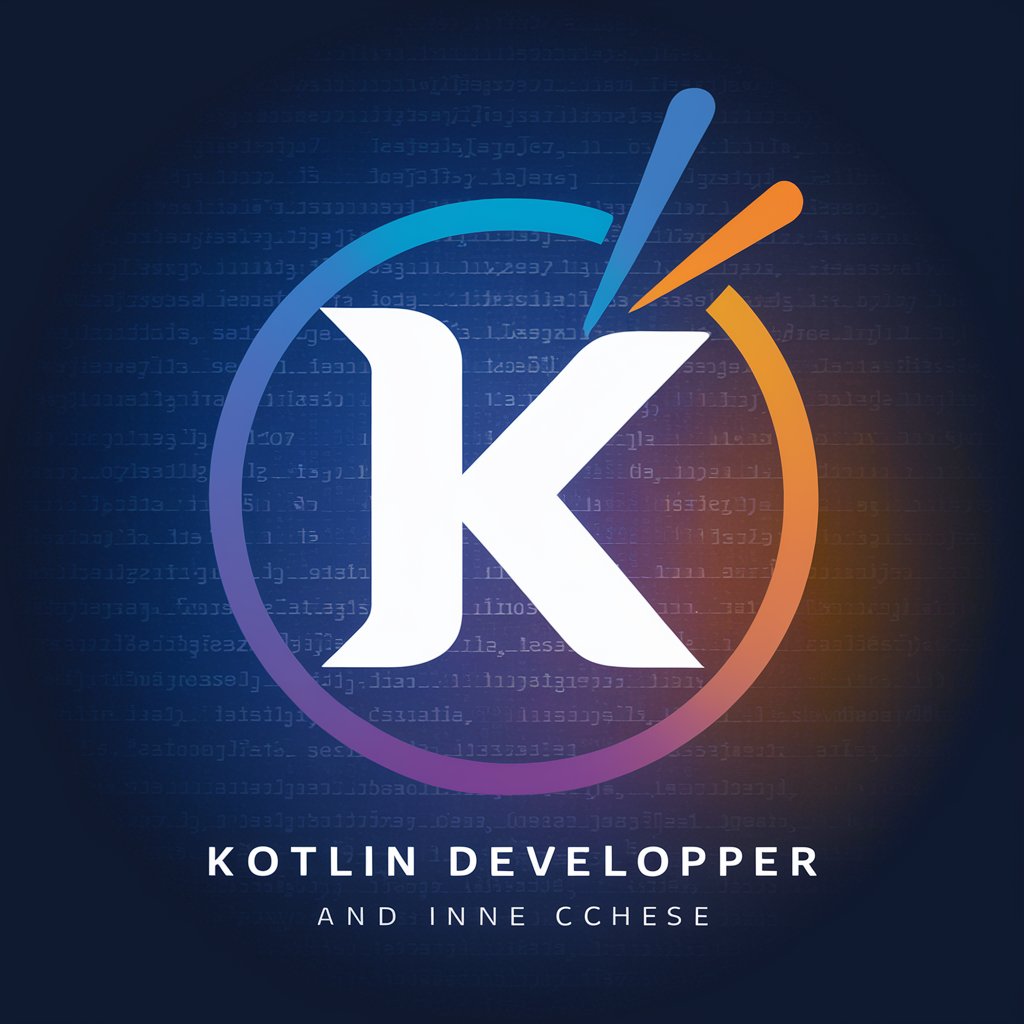
Modeling with C: Unveiling Complex Systems
Harness AI to power complex C simulations.

AI Word Cloud Maker
Crafting Clouds of Words with AI
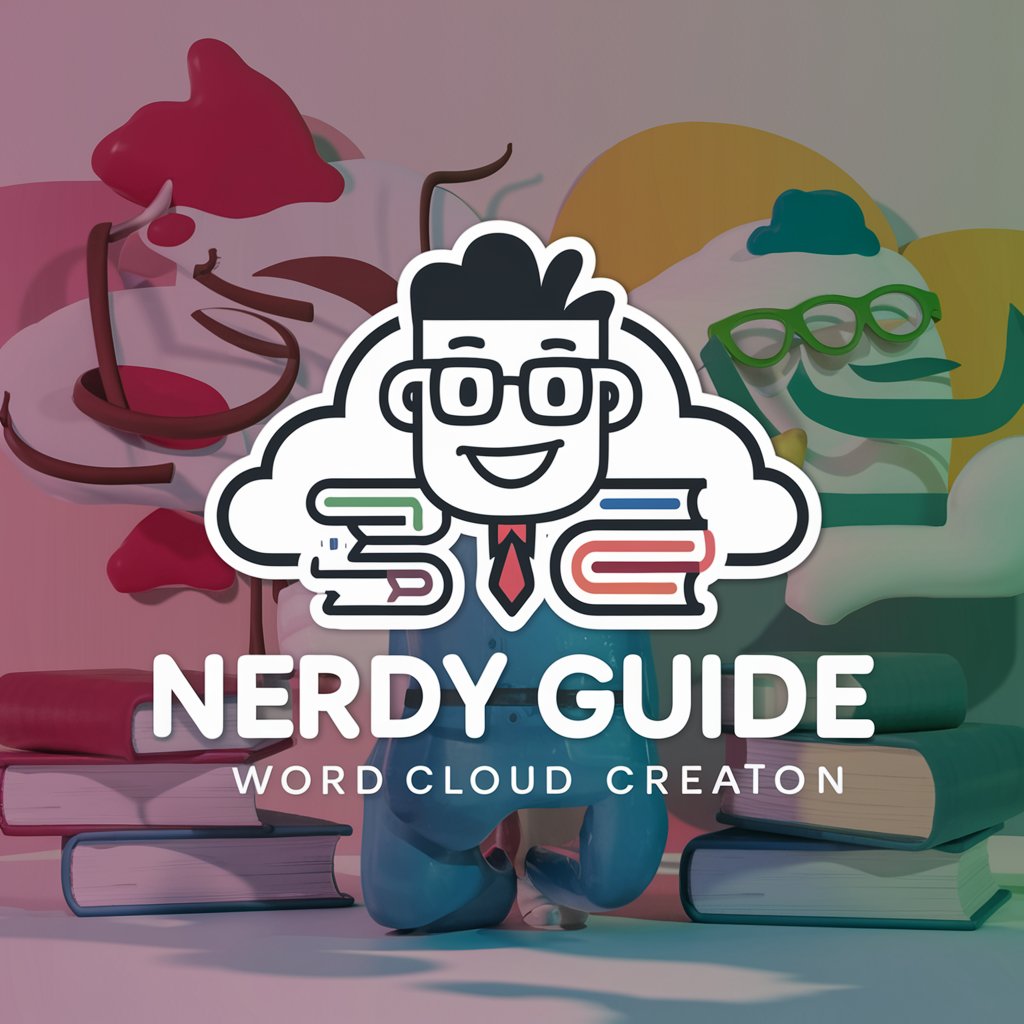
Pixel Prowess
Empowering Creativity with AI

💻 Boost Your C++ Application
Elevate C++ projects with AI-driven Boost libraries

Lua Logic: Elevate Your Control Flow Skills
Elevate Your Control Flow with AI
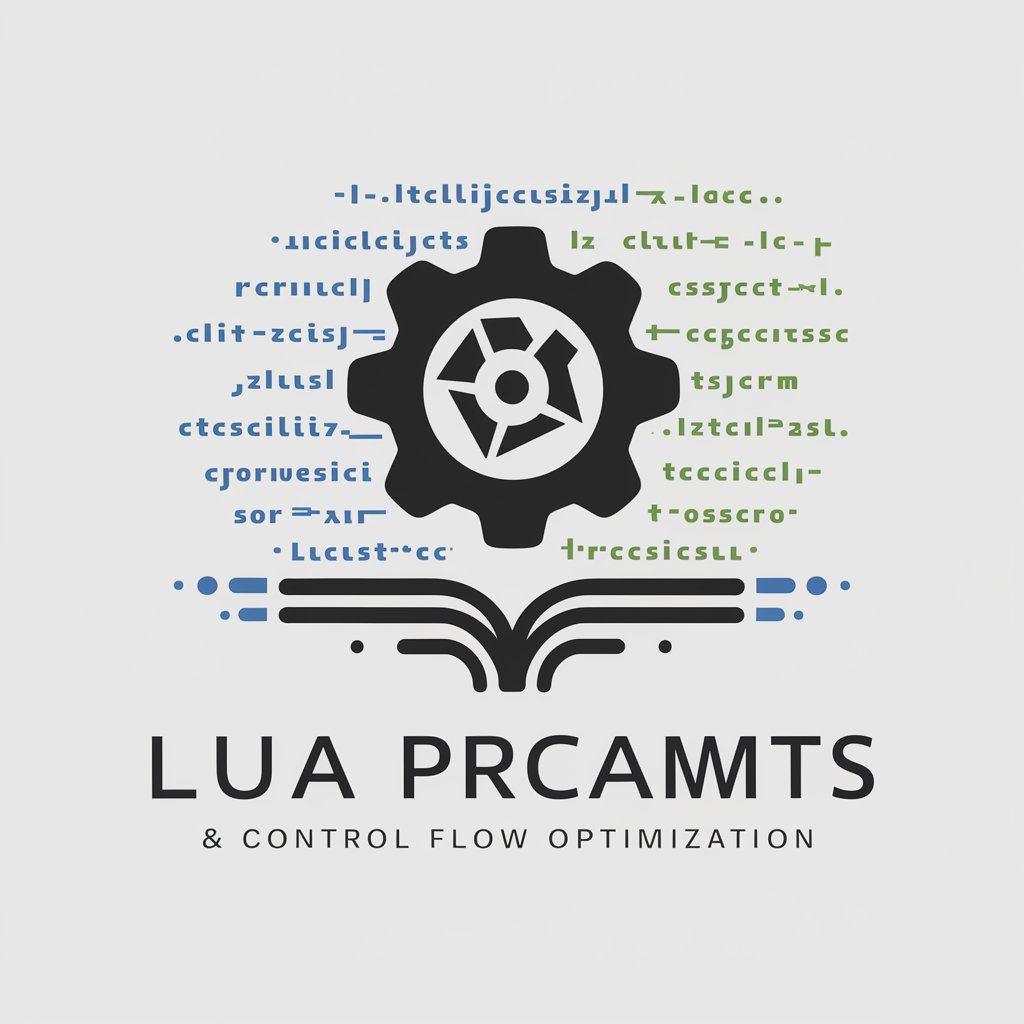
D&D Complete
Elevate Your D&D Campaigns with AI
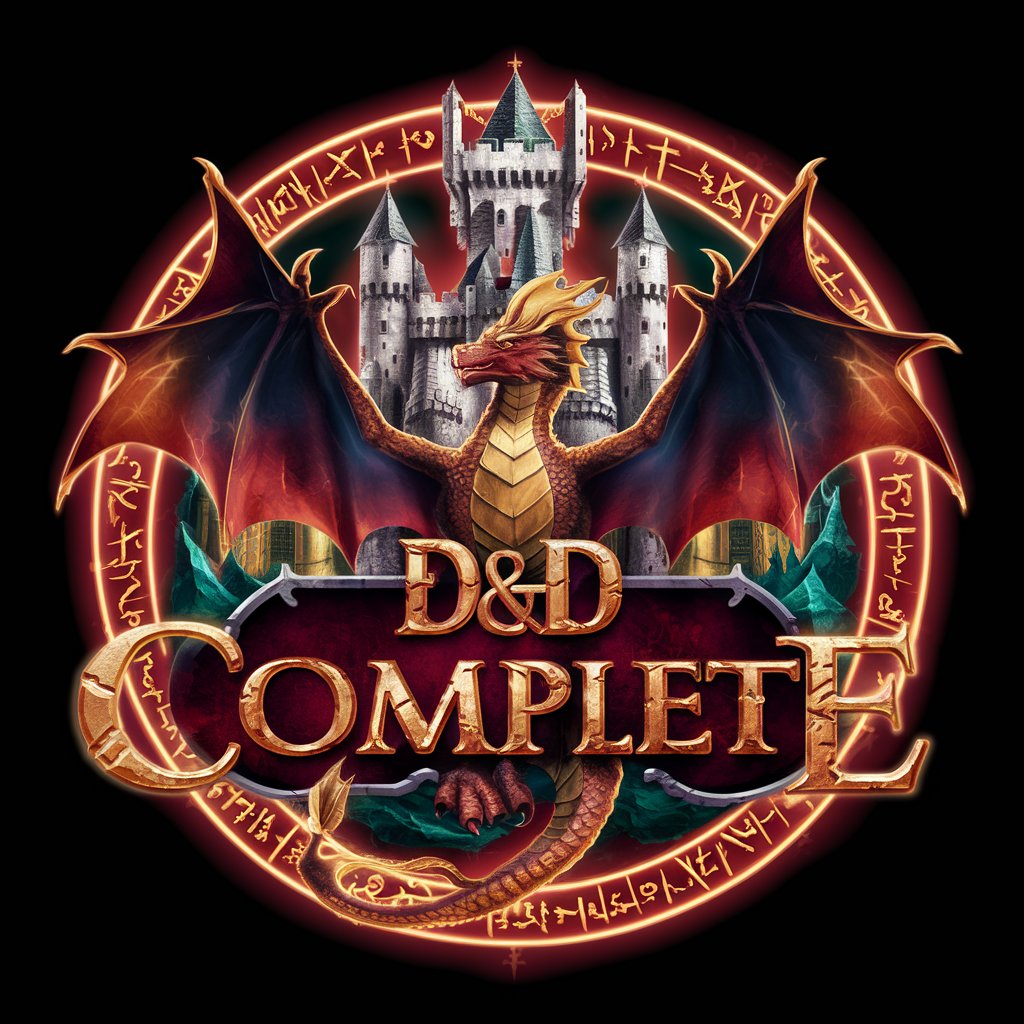
Ch4tGPT Tech Support
Streamlining Tech Support with AI
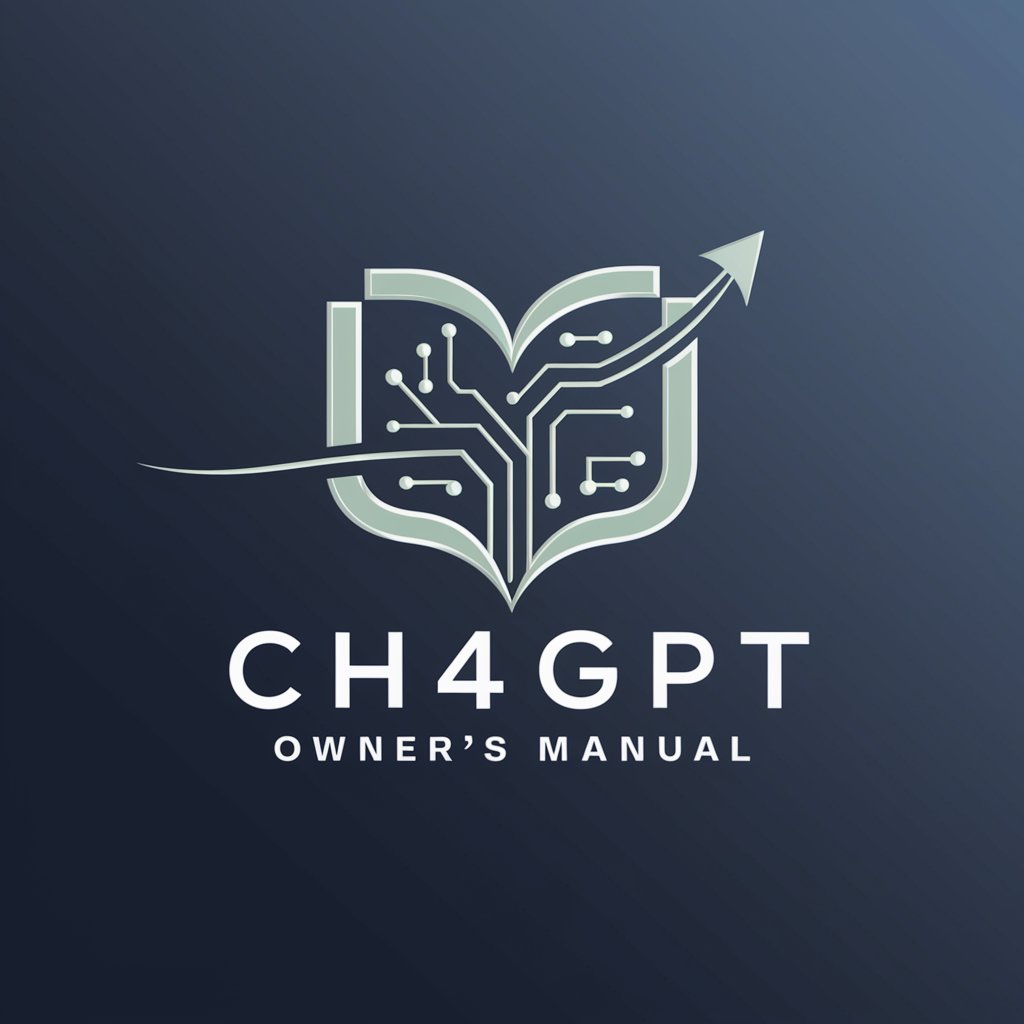
Frequently Asked Questions about WordWorker.ai
What makes WordWorker.ai different from other language tools?
WordWorker.ai stands out by offering a more comprehensive linguistic analysis, including etymology, synonyms, antonyms, related words, idiomatic expressions, and usage in various contexts, all powered by advanced AI.
Can WordWorker.ai help with academic writing?
Yes, it is particularly useful for academic writing by providing precise vocabulary, synonyms for word variation, and examples of word usage in academic contexts, enhancing the quality of scholarly work.
Is WordWorker.ai suitable for non-native English speakers?
Absolutely. It aids non-native speakers in expanding their vocabulary, understanding complex words, and learning contextual usage, making it an invaluable tool for language learning and improvement.
How does WordWorker.ai handle slang and jargon?
WordWorker.ai includes a vast database that covers slang, jargon, and industry-specific terminology, offering definitions and examples to help users grasp even the most niche expressions.
Can I use WordWorker.ai for creative writing?
Definitely. It assists in exploring metaphors, finding synonyms for mood setting, and discovering idiomatic expressions, making it a powerful tool for enhancing creativity in writing.
